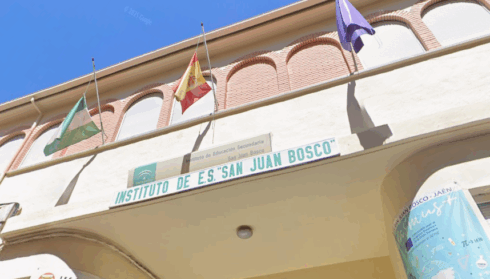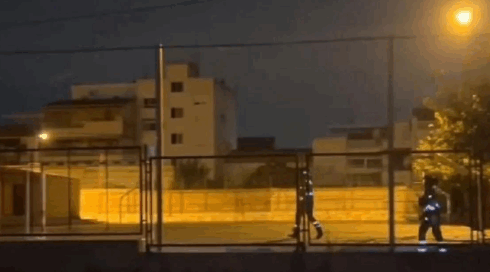
Patriotism is a principle, a feeling, a duty, a willingness, an idea, and a consciousness. Patriotism presupposes the formation of a whole complex of positive qualities. It is based on spiritual-moral and socio-cultural components. Patriotism stands for the unity of spirituality. It’s also essential for the citizenship and social activity of the individual.
Patriotic education is a planned educational activity to form a sense of patriotism in students. Also, it created an excellent attitude to the Motherland and representatives of common cultures or countries. And education begins in the school years.
Teaching patriotism in the classroom is an essential part of education. And the best thing is that teachers create different tasks, such as writing essays about patriotism. But for some students, it’s challenging to develop patriotism essay ideas, but nowadays, it’s not a problem. There are many sites where every student can find the best free essay example. And when you read a free essay sample, you develop your writing skills and knowledge.
Principal subjects of attention in education:
- National pride and idea
- National culture
- Native language
- History of the people and the state
Understanding of patriotism
Patriotism is an active and practical sense of belonging to one’s state-territorial homeland—also, organic involvement in its socio-political structure. Of course, devotion, and love for it and readiness to sacrifice oneself for its prosperity are included.
In the United States, patriotism is defined as exercising one’s constitutional rights and freedoms. Furthermore, the ability to express one’s views freely on any issue and mobilize other citizens to solve problems.
How to understand patriotic education in the United States
In America, such education is based on the approach of voluntary activities of young people. But without the systematic participation of the state. Children are teacher patriotism in schools. Patriotism for Americans is, first of all, love for their country. Also, respect and love for state symbols are instilled in children from an early age—active promotion of state symbols through the media. Civil society institutions include schools, universities, youth associations, and scout organizations.
The state flag symbolizes the United States in most American schools. Each school day begins with the Oath of Allegiance to the banner, which reads as follows: ”. “I swear allegiance to the flag of the United States of America and the Republic it symbolizes, to one nation under God, indivisible, with freedom and justice for all.” Mechanisms of public administration are used to form consciousness. A significant role is played by: – “Civil society institutions.”
Scout movement
The public education system Scout Movement plays a positive role in education. It’s an international non-political youth movement. It was designed to support young people’s physical, mental, and spiritual development and increase their role in society.
The beginning of the movement is considered to be 1907, and the founder was Lieutenant General of the British Army Robert Biden-Paul. At the beginning of 2012, the Scout Movement had more than 38 million members in 216 countries and territories.
The largest international organization is the World Scout Organization.
Scout organizations have a system of progressive education through the application of principles.
The movement orients the pupil to universal values, and the form has qualities. According to the American psychologist B. Skinner makes, he is “a loyal and reliable citizen who is harmonizing with himself.”
Pride or propaganda?
But patriotism and propaganda should not be confused. Because there aren’t negative effects of patriotism. Educating patriotism is an integral part of educating young people. Propaganda is the imposition of ideas. Children who are taught patriotism are prepared to love their country and respect its culture and traditions. It does not mean that any opinions or views are imposed on children.
What does it take to be a true citizen of your homeland?
- to respect the rights and freedoms of man and citizen;
- to teach, research, and understand the history of their homeland;
- adhere to the rules and norms of behavior that operate in a modern democratic society;
- understand and participate in the life of state institutions;
- develop their mental abilities;
- to form by their example an environment;
- humanity, mutual assistance, support, justice, honesty, perseverance, and will.
Conclusion
Public administration implements specific measures aimed at the patriotic education of the population. The presence of a state program does not always determine the level of patriotism. Therefore, patriotism’s most correct and necessary definition is love and responsibility.
Click here to read more Education News from The Olive Press.








